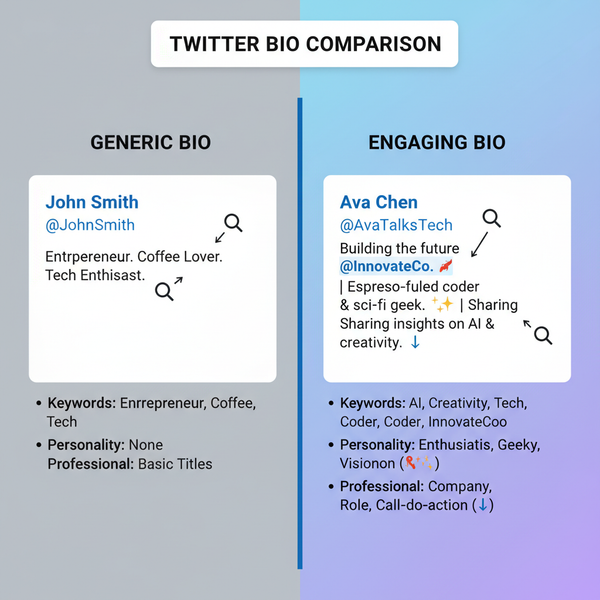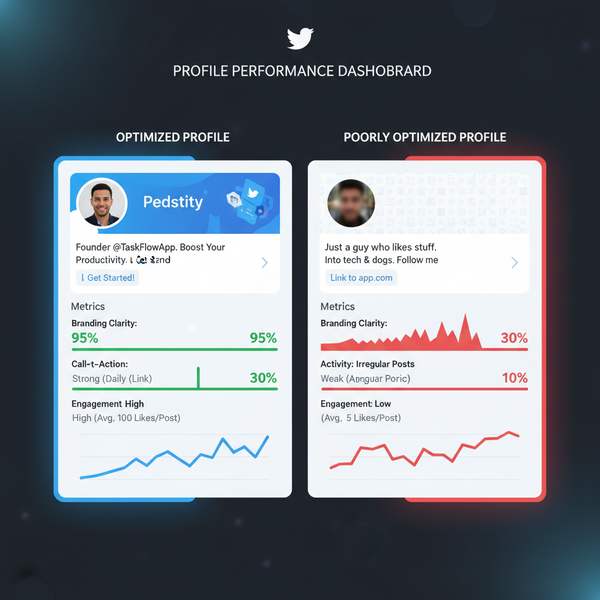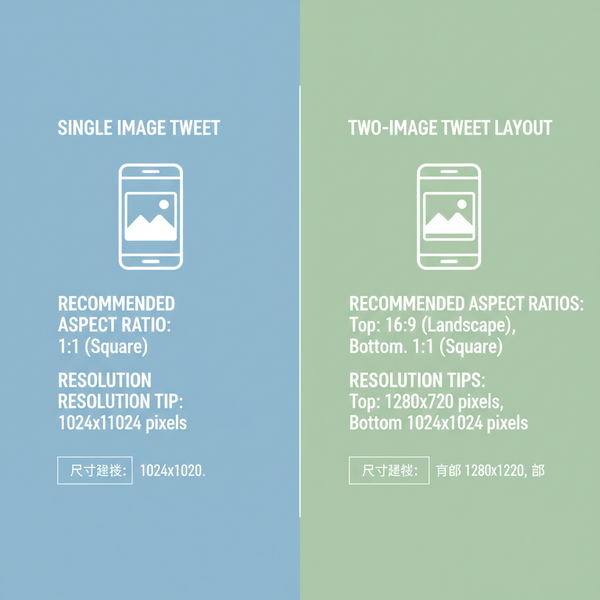How to Respond to a Tweet with Impact and Respect
Learn how to craft impactful, respectful Twitter replies by understanding context, tone, purpose, and etiquette to boost engagement and credibility.
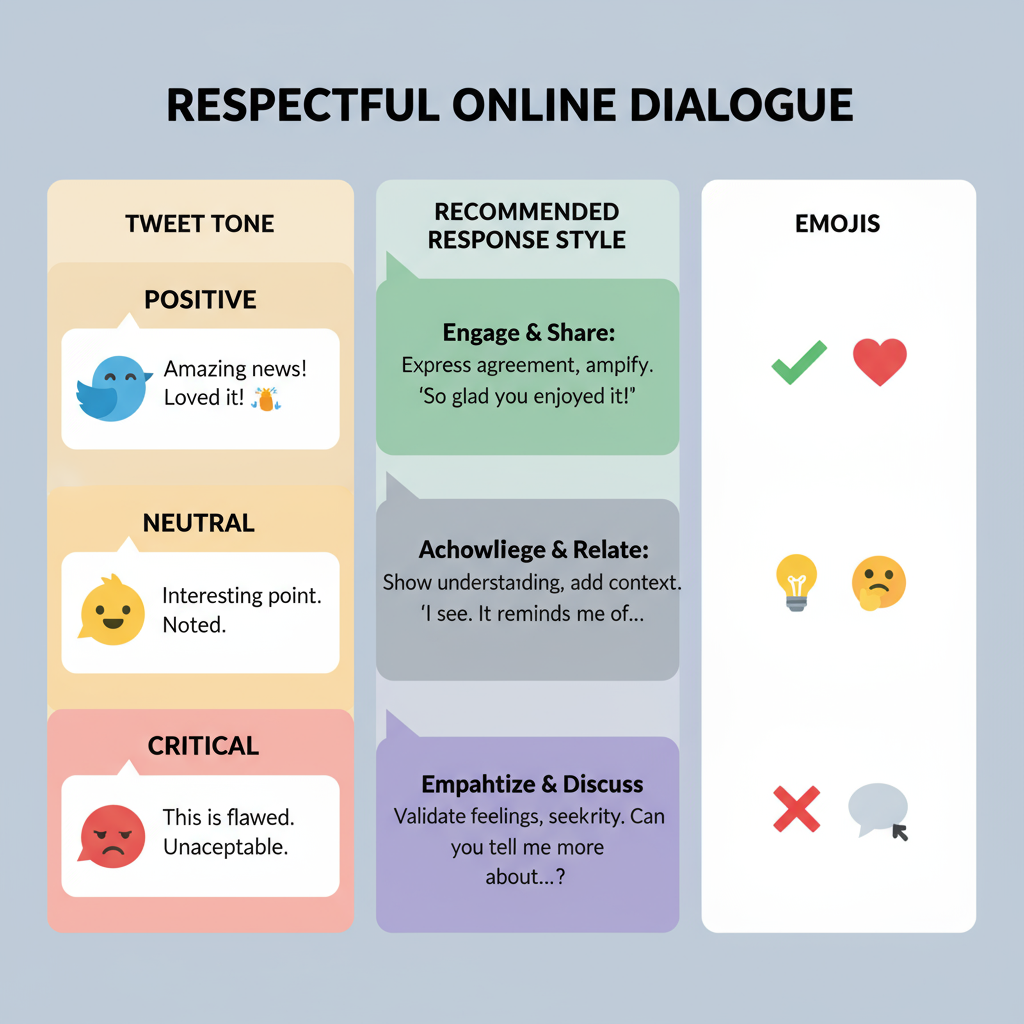
How to Respond to a Tweet with Impact and Respect
Twitter (now also known as X) is one of the liveliest social media platforms for conversations, debates, and the exchange of ideas. Knowing how to respond to a tweet effectively can amplify your voice, build your credibility, and strengthen your online relationships. By responding with impact and respect, you ensure that each interaction leaves a positive impression and aligns with your personal or brand values.
In this step-by-step guide, you’ll learn proven techniques for crafting engaging, respectful, and purposeful replies — from assessing context to tracking results.

---
Understand the Tweet’s Context Before Replying
Before typing a single word, pause to assess the context of the original tweet:
- Who posted it — an individual, influencer, brand, or journalist?
- Does it relate to current events, an ongoing conversation, or a standalone statement?
- How much engagement has it already received?
Context directly influences the weight of your response. For example, replying to a breaking news tweet from a verified journalist demands more care than replying to a humorous personal update from a friend.
---
Assess the Tone of the Tweet
The tone sets the stage for your reply. Tweets can convey:
- Friendly – casual, humorous, and easy-going.
- Critical – requires a fact-based, thoughtful response.
- Sarcastic – tricky; ensure sarcasm is correctly interpreted.
- Professional – common in corporate and industry communications.
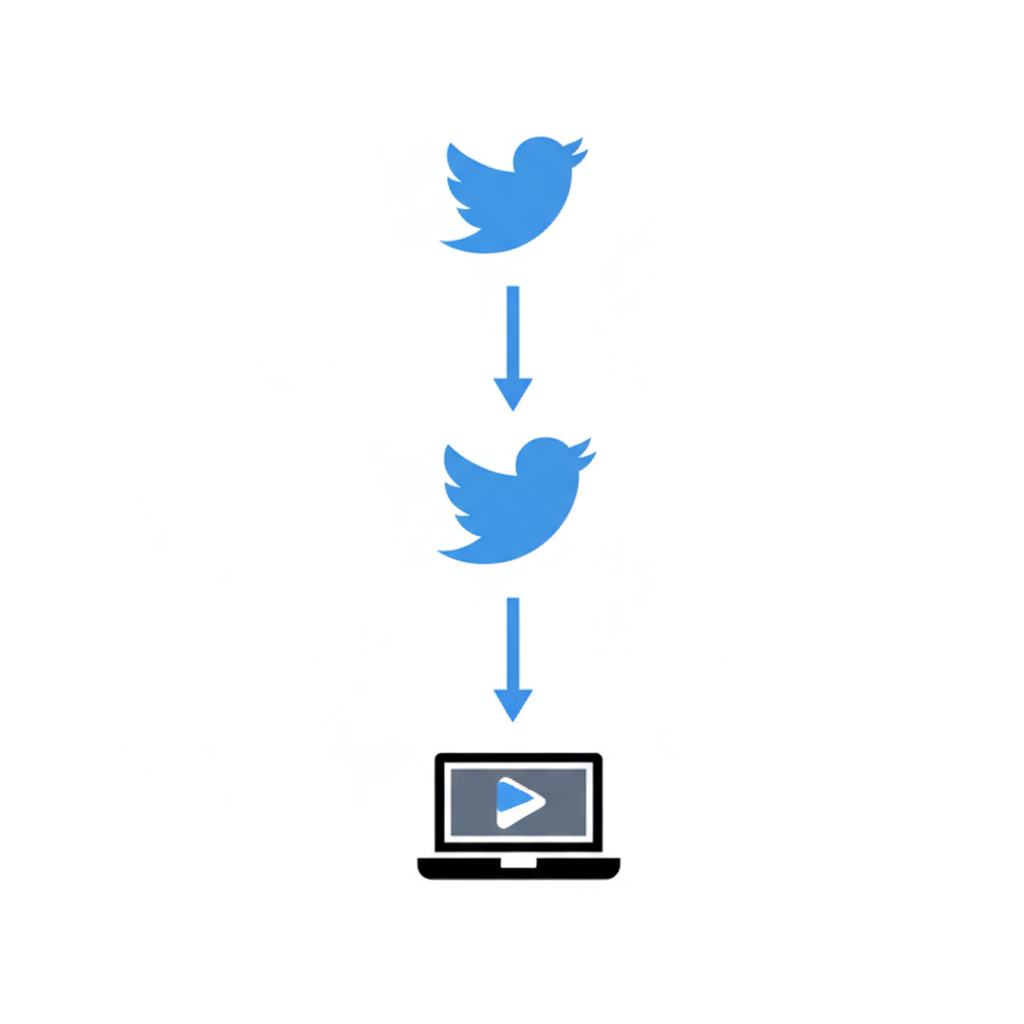
Misreading tone can cause misunderstandings. Sarcasm in particular often fails without clear context, so verify tone before commenting.
---
Decide on Your Purpose
Clarity of purpose ensures a focused, effective reply. Common objectives include:
- Agree – endorse and amplify the message.
- Add Value – provide extra facts, resources, or perspectives.
- Ask – pose a question to deepen dialogue.
- Clarify – explain or correct misunderstandings.
- Counter – respectfully share an alternative viewpoint.
---
Keep Your Reply Concise and Relevant
With Twitter’s 280-character limit for most users, brevity is essential. Strong replies:
- Get to the point quickly.
- Avoid filler phrases.
- Focus on a single main idea.
If the issue demands depth, make a succinct point and link to a longer resource or thread.
Example
Original Tweet: “Remote work reduces productivity.”
Reply: “Interesting take! Studies from Stanford & Owl Labs suggest otherwise. Link: [URL]”---
Use Mentions Strategically
Mentions (`@username`) can boost engagement and visibility:
- Tag individuals relevant to the conversation.
- Mention brands when referring to their products or services.
- Avoid excessive tagging, which can appear spammy.
Well-placed mentions can add credibility and expand reach.
---
Incorporate Appropriate Media
Visuals improve engagement and make your responses stand out. Consider:
- GIFs to show emotion or humor.
- Images to illustrate your point.
- Polls to invite interaction.
Ensure media aligns with your tone and message.
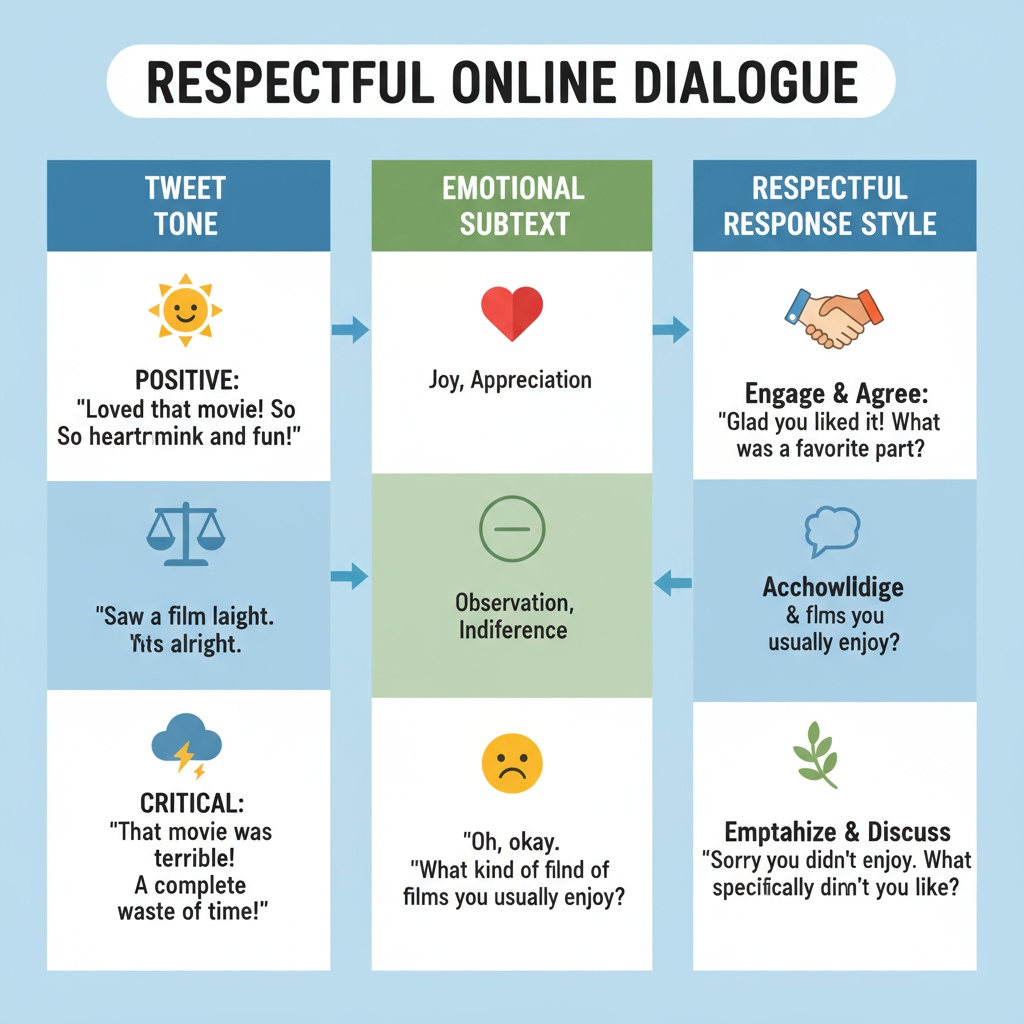
---
Maintain Respectful and Professional Language
Civility builds trust and sustains dialogue, even during disagreements:
- Use “I” statements to reduce defensiveness.
- Avoid insults, name-calling, or inflammatory language.
- Stay composed, even if provoked.
Remember: screenshots last forever; your words can outlive the conversation.
---
Avoid Impulsive Emotional Responses
Since Twitter moves in real time, it’s tempting to respond instantly. If emotions run high:
- Step away briefly.
- Re-read the tweet.
- Consider the potential impact of your reply.
Patience can turn a reactive comment into a reasoned, professional one.
---
Add Value with Links or Credible References
Support your points with reputable sources:
- Research studies.
- News outlets.
- Industry reports.
- Well-sourced statistics.
Credible references make your replies authoritative and informative.
---
Use Humor Carefully and Align with Brand Voice
Humor can make a tweet memorable, but it comes with risks:
- Does humor fit your personal or brand identity?
- Could it be misunderstood in cultural or contextual translation?
- Is it relevant to the original tweet?
When uncertain, choose clarity over cleverness.
---
Proofread Before Posting
Even short replies deserve a quick check:
- Spot grammar and spelling errors.
- Verify links.
- Confirm accurate mentions.
- Read aloud to assess tone.
Error-free tweets reflect professionalism and attention to detail.
---
Follow Up to Continue the Conversation
Think of a reply as the beginning of a dialogue. You can nurture it by:
- Responding to those who engage with your reply.
- Retweeting or liking related contributions.
- Offering further context when asked.
Interaction fosters connection and builds an engaged network.
---
Learn from Engagement Analytics
Twitter analytics can guide your future responses. Key metrics include:
| Metric | What It Means | Why It Matters |
|---|---|---|
| Impressions | Times your reply was viewed | Indicates reach |
| Engagements | Total likes, retweets, and clicks | Reveals interest levels |
| Engagement Rate | Engagements ÷ impressions | Shows effectiveness of tone and content |
| Profile Clicks | Visits to your profile from the tweet | Measures curiosity and potential trust |
Monitoring these metrics helps you adapt and improve your Twitter communication strategy.
---
Key Takeaways and Next Steps
Mastering how to respond to a tweet with tact, relevance, and personality takes practice, but the benefits are powerful. Always:
- Think before replying — context and tone matter.
- Be concise but meaningful.
- Keep civility front and center.
- Adjust based on analytics insights.
Every Twitter interaction is a chance to add value, grow your network, and strengthen your influence. Start putting these tips into practice today, and you’ll see your replies work harder for your goals.

